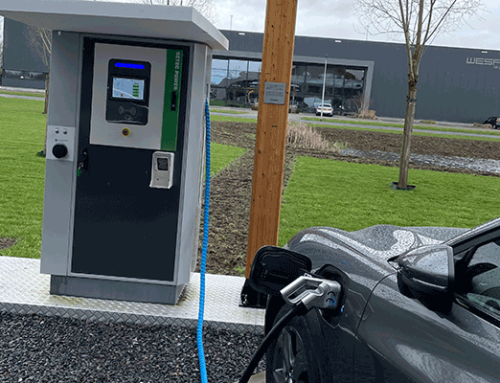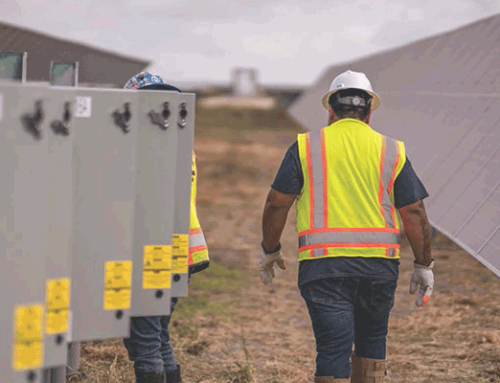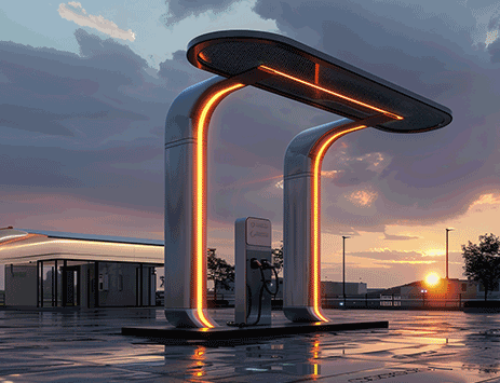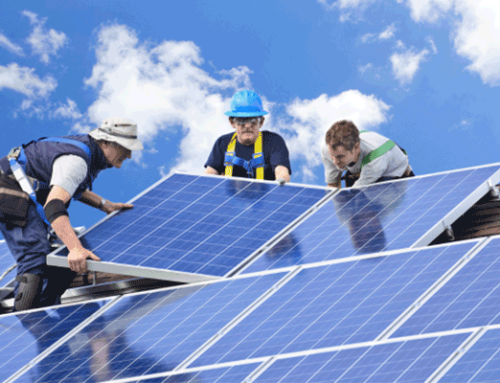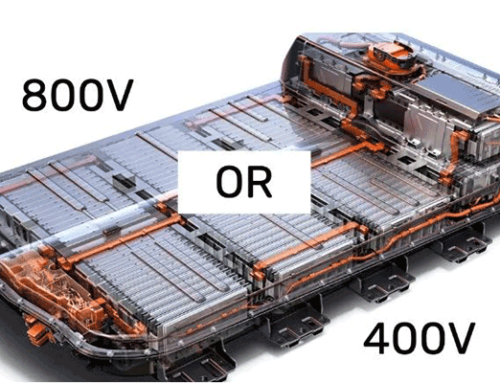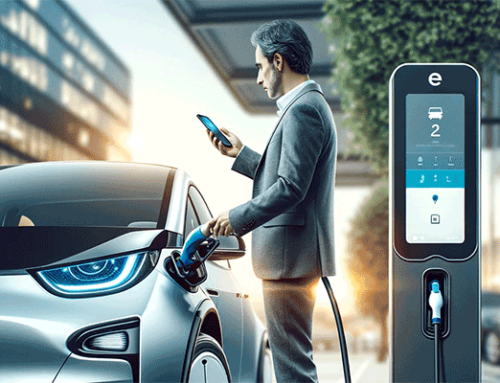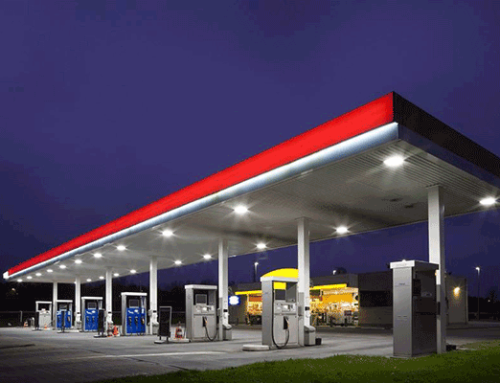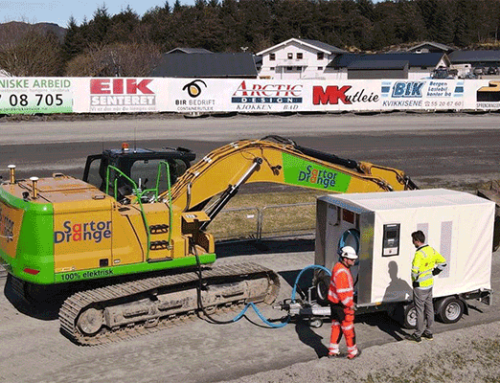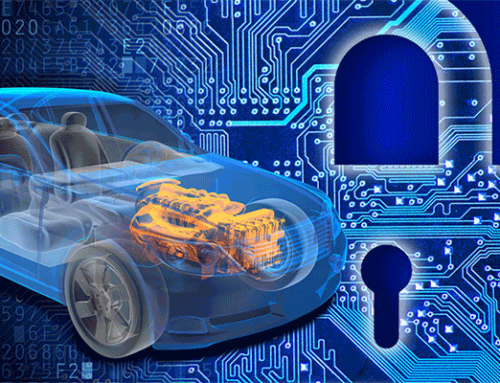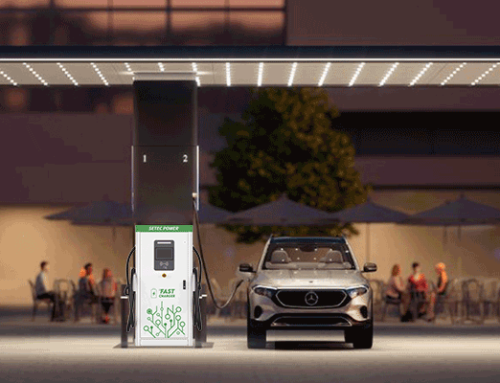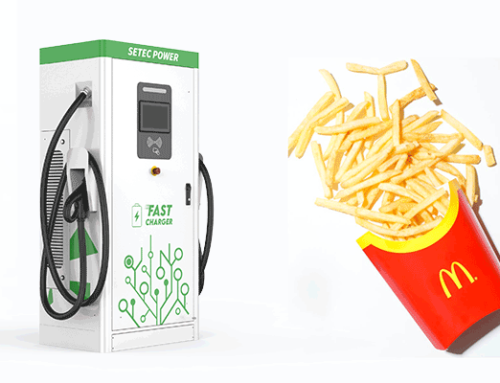Electric car charge time is not just a significant concern for EV drivers but is equally essential for EV charging station operators. Because the longer the charging time, the slower the efficiency of EV charging stations in earning profits. So what are the factors that affect the electric car charge time? And how much time does it take to charge an EV? Go to analyze it today.
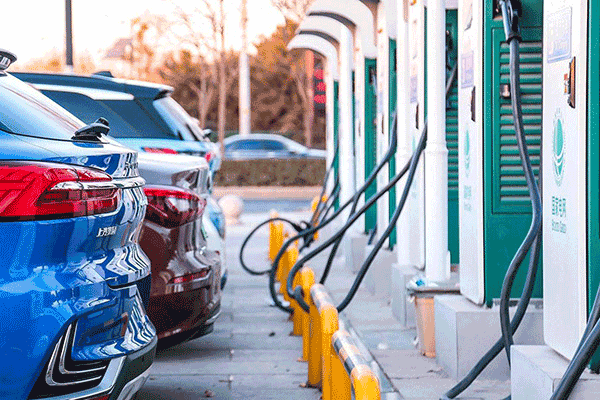
AC Charging and DC Charging
When we discuss the issue of electric car charge time, we first need to understand the two current electric vehicle charging technologies: AC and DC. Corresponding to AC charging stations and DC charging posts. The difference between AC charging and DC charging is how power finds its way to the batteries. AC charging stations are connected to the AC grid and converted to DC power by the onboard charger to charge the battery. AC charging stations only provide power output, no charging function, and need to be connected to the vehicle charger to charge the electric vehicle. It is equivalent to the role of a control power supply only. The DC charging station can directly convert AC power into DC power to charge the battery using the built-in conversion module. Therefore, DC charging stations can provide faster charging speeds.
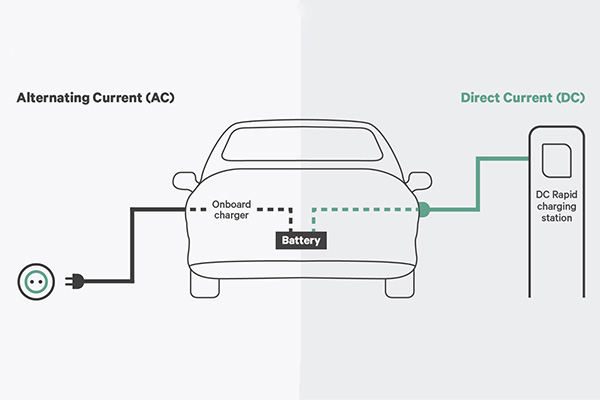
EV charger level
There are currently three EV chargers: levels 1, 2, and 3. Level 1 and Level 2 EV chargers use AC charging, while level 3 is known as DC fast charging. The has a standard output of 1 KW, so charging is very slow. Charging 100 miles takes about 20 hours. Level 2 EV chargers use 208-240v circuits, with a standard output of 5 KW of power. Charging 100 miles takes about 4 hours. level 3 EV charger has a faster charging speed. The level 3 EV charger has a faster charging speed with a standard output of 80 KW. Charging 100 miles takes about 40 minutes.Currently, the largest EV charging station can reach 350kw, taking 10 minutes to charge the electric vehicle fully.
What affects the electric car charge time?
Now let’s look at the factors that affect the electric car charge time. There are five main areas:
- Battery Capacity: The larger the vehicle’s battery capacity (in kWh), the longer it will take to charge.
- Battery status (empty vs. fully charged): If you start from empty, it will take longer to charge than if you charge from 50%.
- Maximum charge power: You can only charge your vehicle’s battery at the maximum charge rate acceptable for your EV. For example, if your EV has a maximum charge rate of 7kW, it will not charge faster even if you use 22kW.
- Maximum charging power of the charging station: The electric car charge time is also limited by the maximum charging power of the charging station you are using. For example, even if your EV supports charging at 11kW, it can only be charged at 7kW at a 7kW charging station.
- Environmental factors: Low temperatures can make the EV less efficient to trust when using dc fast charging stations and add less mileage per charge.
So what can be done for EV charging station operators to reduce electric car charge time? The answer is to start deploying the next generation of high-power charging stations. SETEC POWER 300kw DC fast EV Charging Station is ready to help you grow your business with various customized services. Our equipment supports simultaneous charging output and load distribution, optimizing site utilization and increasing efficiency. Assuming an average of 30 minutes to charge an EV, then one DC fast EV Charging Station can serve four customers per hour.

